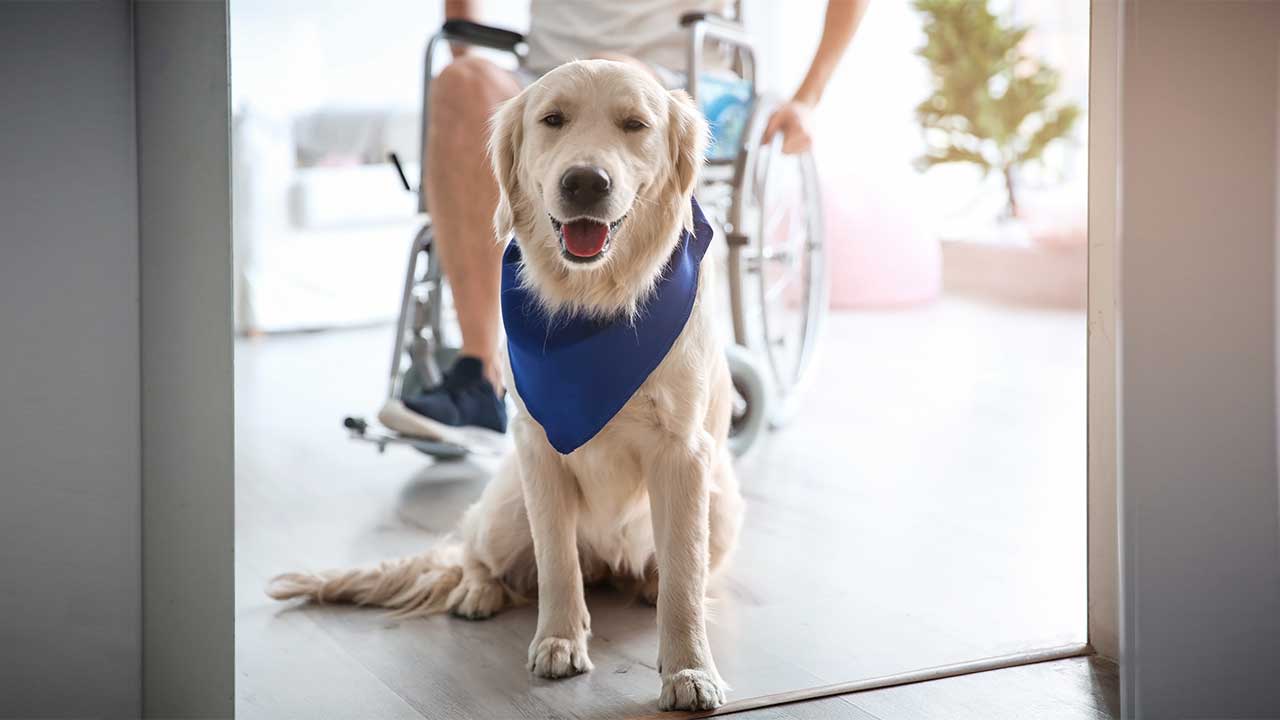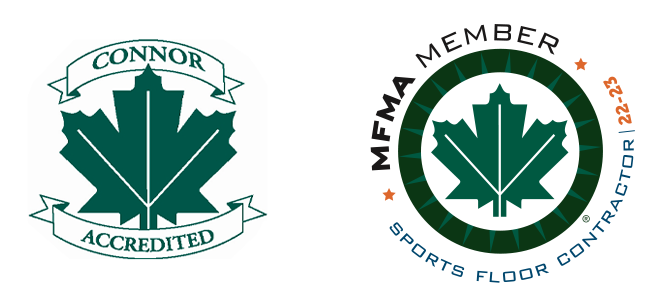Just How Far are Our Furry Helpers Allowed to Go?
Many organizations have policies that don’t allow animals in their facilities. As a result, it often happens that they ask service animal owners to leave. There are, however, several laws that prohibit organizations from restricting access to service animals and their owners under certain circumstances.
Among others, these laws include:
- The Blind Persons Rights Act (BPRA)
- The Human Rights Code
What is a Service Animal?
According to this legislation, a service animal is any animal that a person uses because of their disability. A service animal is also one that is confirmed as such by a regulated healthcare professional with a letter.
Regulated healthcare professionals include physicians, occupational therapists, optometrists, nurses, and any other profession listed in the Regulated Professions Act, 1991.
According to the legislation listed above, an organization must permit a person with a disability who uses a service animal and allow them to keep the animal with them.
This rule only applies if the facility cannot exclude the service animal from the premises for another legal reason. In terms of the BPRA and Human Rights Code, a disability includes physical reliance on a guide dog or other service animal.
Legal Reasons to Exclude a Service Animal
The general rule is that organizations may not exclude service on their premises. However, there are exceptions to this rule. According to the Health Protection and Promotion Act, no animals, including service animals, may enter a room used for the production, processing, or preparation of food.
In circumstances where services animals are not allowed, the organization or its representatives may still have a duty to accommodate the needs of the disabled person.
What is a Guide Dog?
Most service animals are guide dogs. The BPRA defines a guide dog as a dog that received and completed specific training to guide a blind person.
This legislation stipulates that no person may deny services, accommodation, or facilities to a person who is accompanied by a guide dog.
Additionally, no person may discriminate against someone who requires a guide dog or who is accompanied by one.
Service Animals in Public Facilities
Organizations that deny disabled people services or accommodation may be liable in terms of the relevant legislation. As a result, service providers such as arenas, theatres, theme parks, and restaurants should not take requests for accommodation by service animal owners lightly.
In the case of competing rights, however, a service provider doesn’t have grant accommodation, and they should consider each request for services or accommodation individually.
There are several things that service providers can do to limit their liability whenever an owner of a service animal requests an accommodation:
- Formulate a clear service animal policy
- Ensure that signs prohibiting animals explicitly exclude service animals
- Evaluate public signs to ensure that they are not discriminatory
- Train employees to accommodate service animals and their owners
- Find a way to accommodate service animals within the confines of the law
- Train employees to interact appropriately with service animals that are on duty
In addition to accommodating service animal owners, service providers should also consider other customers who, for example, are allergic or apprehensive about encountering dogs.



